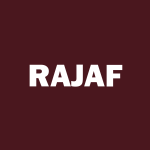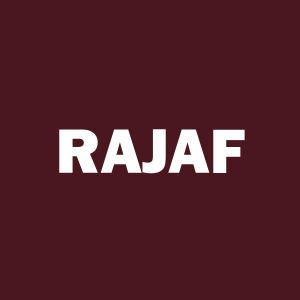Welcome to our dedicated page for Cordyceps Sunshine Biotech Holdings Co SEC filings (Ticker: RAJAF), a comprehensive resource for investors and traders seeking official regulatory documents including 10-K annual reports, 10-Q quarterly earnings, 8-K material events, and insider trading forms.
Our SEC filing database is enhanced with expert analysis from Rhea-AI, providing insights into the potential impact of each filing on Cordyceps Sunshine Biotech Holdings Co's stock performance. Each filing includes a concise AI-generated summary, sentiment and impact scores, and end-of-day stock performance data showing the actual market reaction. Navigate easily through different filing types including 10-K annual reports, 10-Q quarterly reports, 8-K current reports, proxy statements (DEF 14A), and Form 4 insider trading disclosures.
Designed for fundamental investors and regulatory compliance professionals, our page simplifies access to critical SEC filings. By combining real-time EDGAR feed updates, Rhea-AI's analytical insights, and historical stock performance data, we provide comprehensive visibility into Cordyceps Sunshine Biotech Holdings Co's regulatory disclosures and financial reporting.
Cordyceps Sunshine Biotech Holdings Co., Ltd. amended its Form 20-F to provide updated annual disclosures about operations focused on Cordyceps and Antrodia products, manufacturing processes and cultivation techniques. The company reported training revenue of $154,107 for the period shown and a net income of $751,609 for the year ended December 31, 2023, reversing losses of $720,093 in 2022 and $491,006 in 2021. Management disclosed an accumulated deficit of $472,966 and negative working capital of $2,638,968 as of December 31, 2023, and stated substantial doubt about the company’s ability to continue as a going concern. The company recognized a $582,324 net gain from the reclassification and disposal of its Hong Kong subsidiary and recorded discontinued operations. Share ownership is highly concentrated with a controlling group holding approximately 59.3% of ordinary shares. Significant risks disclosed include customer and supplier concentration, regulatory and geopolitical risks related to PRC/Taiwan operations, and dependence on a limited product set.


